Why Poor Menstrual Hygiene Is Bad for You
By Ashmal Shah
2 June 2023
Maintaining proper menstrual hygiene is crucial for every woman. Unfortunately, due to cultural taboos, lack of awareness, or limited access to sanitary products, many women around the world still struggle with poor menstrual hygiene practices. Neglecting menstrual hygiene can have significant consequences on a woman's physical health, emotional well-being, and overall quality of life. In this article, we will explore why poor menstrual hygiene is detrimental and why it is essential to prioritize this aspect of women's health.
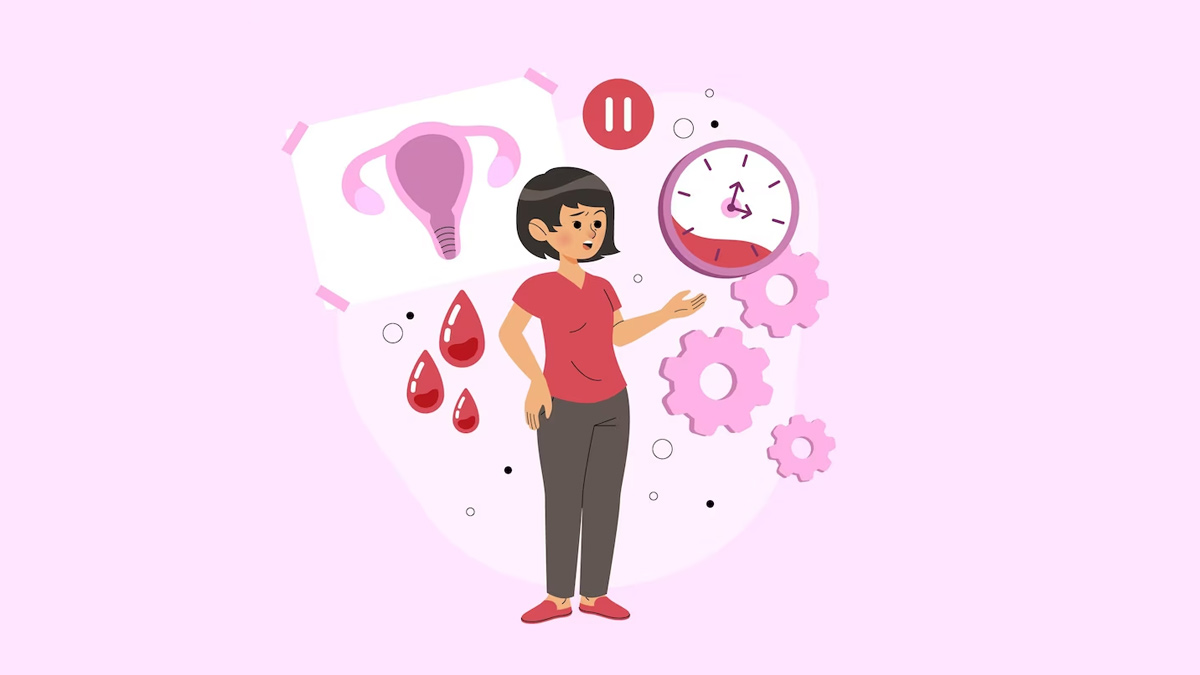
Increased Risk of Infections:
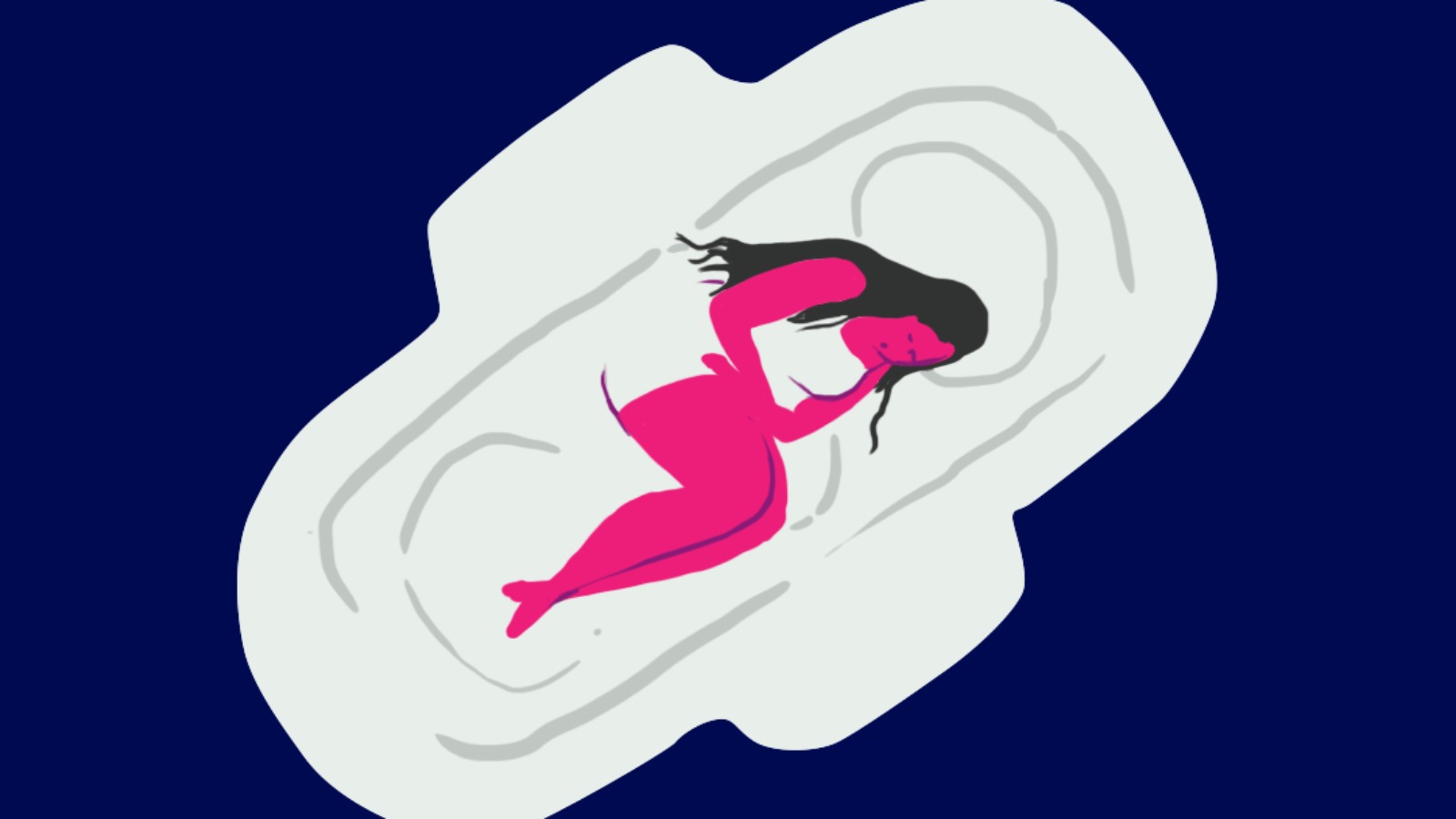
Poor menstrual hygiene significantly increases the risk of various infections. When sanitary products are not changed regularly or cleaned properly, they become a breeding ground for bacteria. Prolonged use of damp and unclean materials, such as reusable cloth pads that are not properly washed and dried, can lead to bacterial or fungal infections like urinary tract infections (UTIs), vaginal infections, and even reproductive tract infections (RTIs). These infections can cause discomfort, pain, and long-term complications if left untreated.
Reproductive Health Issues:
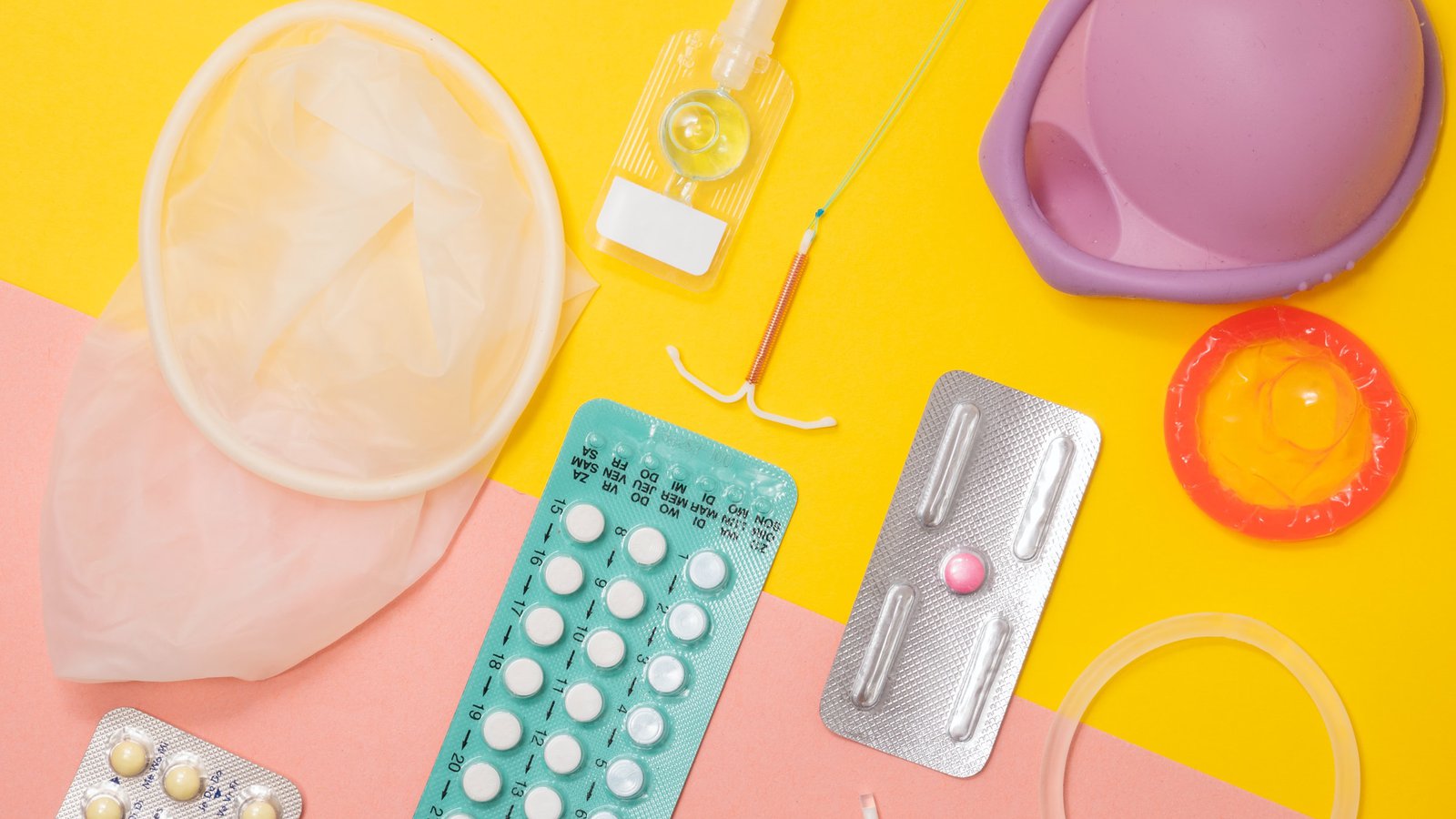
Neglecting menstrual hygiene can have serious implications for reproductive health. Inadequate cleaning or using unhygienic materials during menstruation can introduce harmful bacteria into the reproductive tract, potentially leading to conditions such as pelvic inflammatory disease (PID). PID is an infection of the reproductive organs that can cause chronic pain, fertility problems, and in severe cases, even increase the risk of ectopic pregnancies.
Skin Irritation and Rashes:
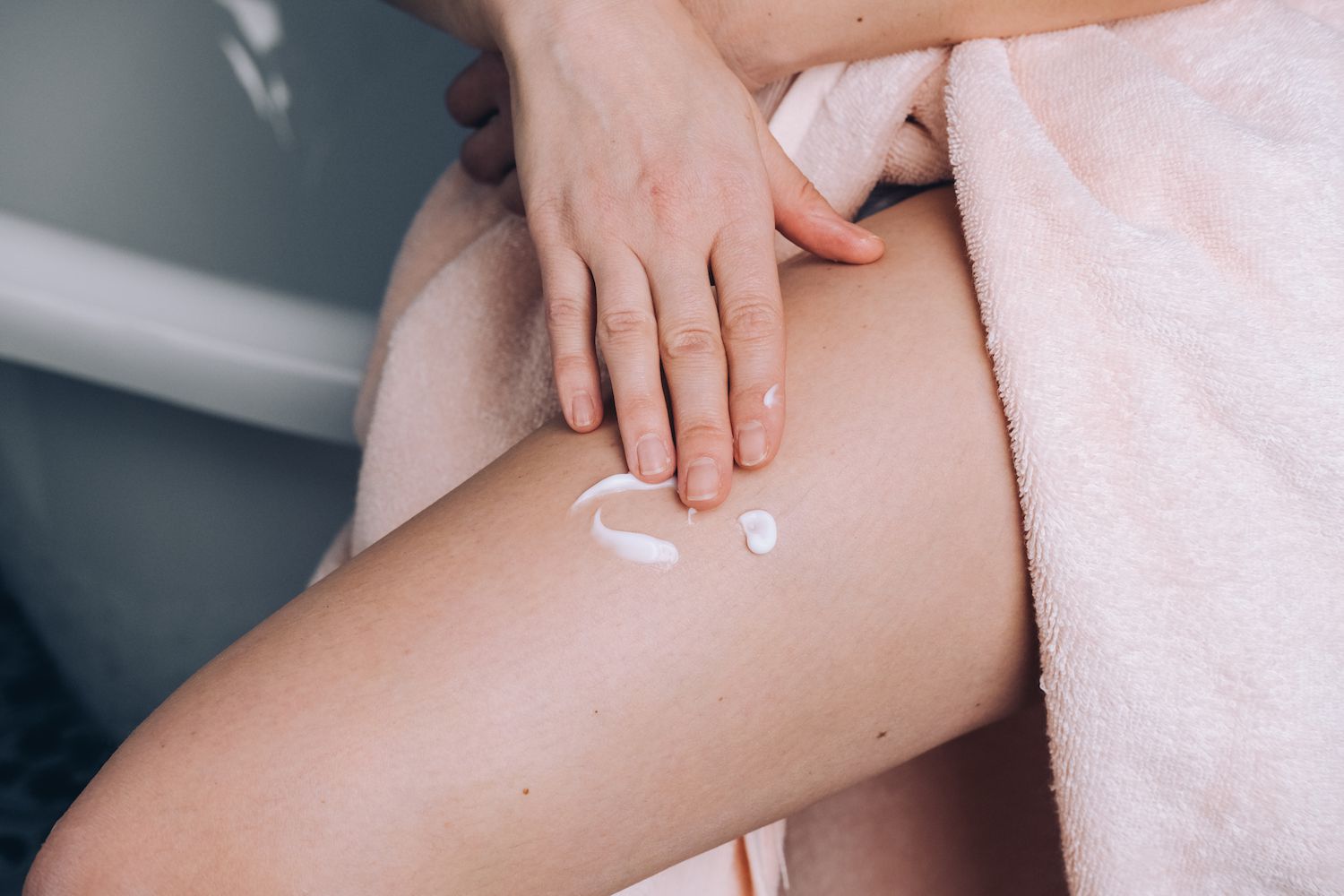
Using unclean or low-quality sanitary products or not changing them frequently enough can result in skin irritation and rashes. Prolonged contact with moisture, blood, and bacteria can cause itching, redness, and discomfort in the genital area. This can lead to the development of dermatitis, skin infections, or allergies, making menstruation an even more distressing experience.
Psychological Impact:

Poor menstrual hygiene can also have a psychological impact on women. When women are unable to manage their menstrual cycles hygienically, they may experience embarrassment, shame, or a loss of self-confidence. Cultural stigma surrounding menstruation can exacerbate these feelings. This psychological burden can affect a woman's overall well-being, self-esteem, and mental health, leading to anxiety, depression, and social withdrawal.
Socioeconomic Consequences:

Lack of access to affordable and hygienic menstrual products, coupled with limited knowledge about proper menstrual hygiene, can perpetuate a cycle of inequality and hinder women's participation in various aspects of life. Inadequate menstrual hygiene management can lead to frequent absences from school or work, limiting educational and economic opportunities. Additionally, the financial burden of purchasing sanitary products every month can be significant for women and girls from low-income households.
Improving Menstrual Hygiene:
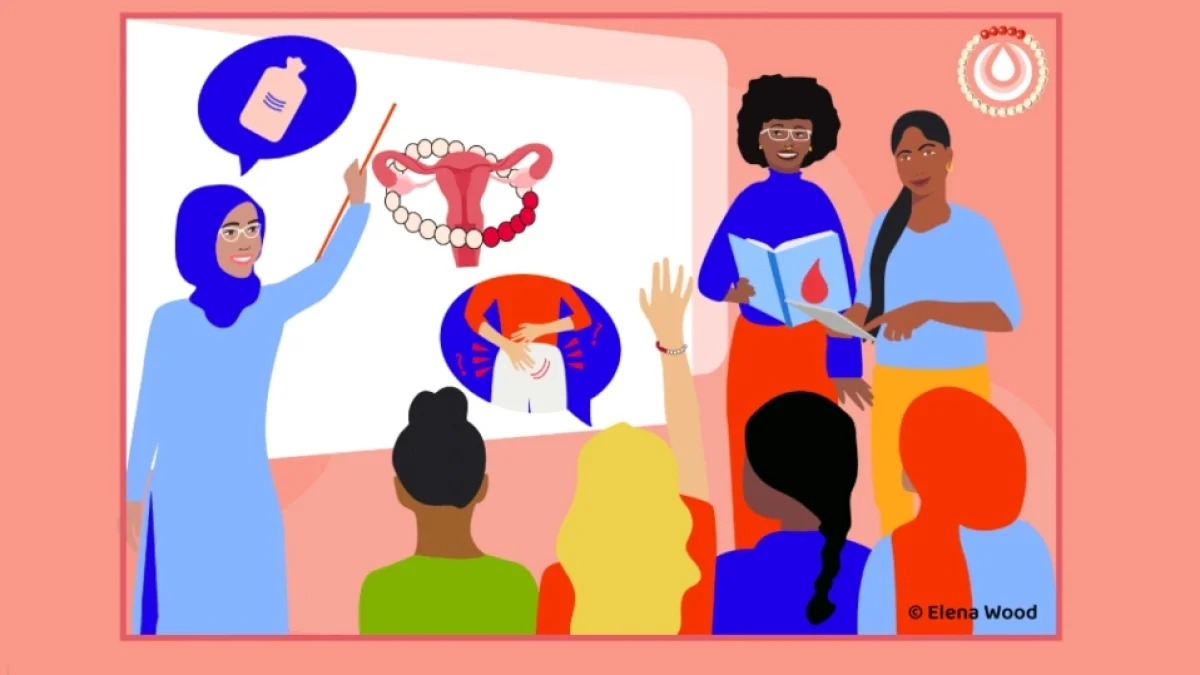
It is crucial to promote proper menstrual hygiene practices to ensure the well-being and empowerment of women. This can be achieved through:
1. Education and Awareness: Comprehensive menstrual health education programs should be implemented to debunk myths, eliminate taboos, and provide accurate information about menstrual hygiene practices.
2. Access to Sanitary Products: Governments, NGOs, and communities should work together to ensure that women and girls have access to affordable, safe, and environmentally friendly sanitary products.
3. Sanitation Facilities: Providing clean and private toilets with facilities for disposal of sanitary products in schools, workplaces, and public spaces is essential for promoting good menstrual hygiene.
4. Emotional Support: Creating an environment where women feel comfortable discussing menstruation openly and seeking emotional support can help reduce the psychological burden associated with menstrual hygiene.
You Might Also Want To Read This
Popular Posts







